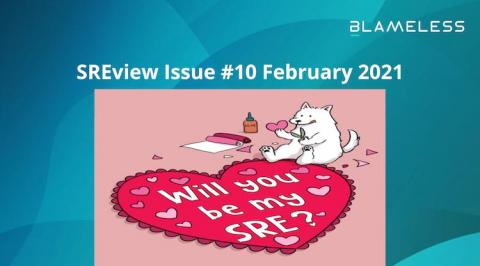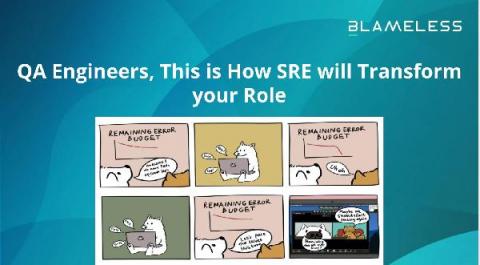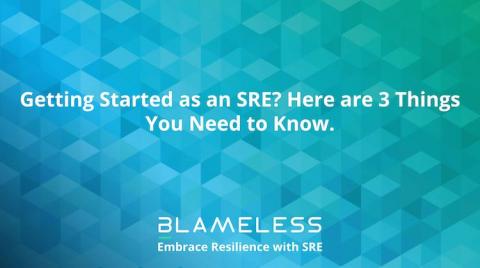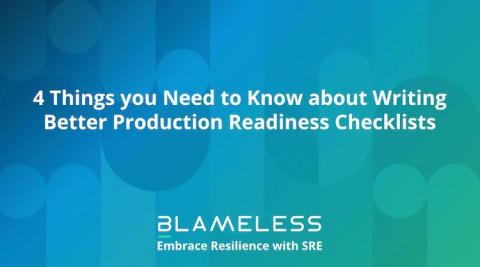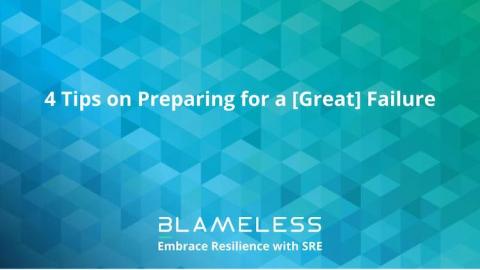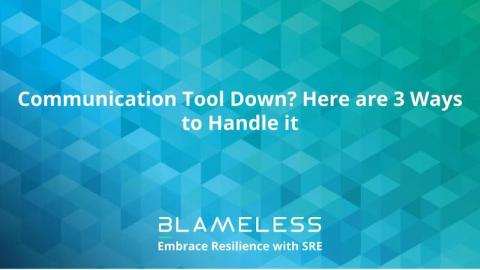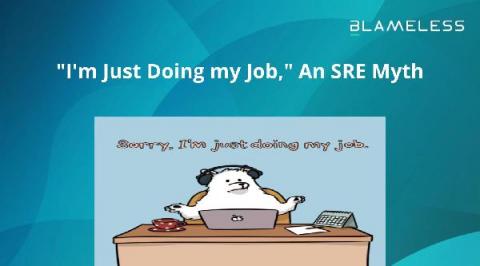SREview Issue #10 February 2021
Is love in the air? We think so. While we don’t have chocolate or flowers for you, we have something just as sweet. Here are some of the most exciting Tweets, content, and events happening in the SRE and resilience engineering community this February.


